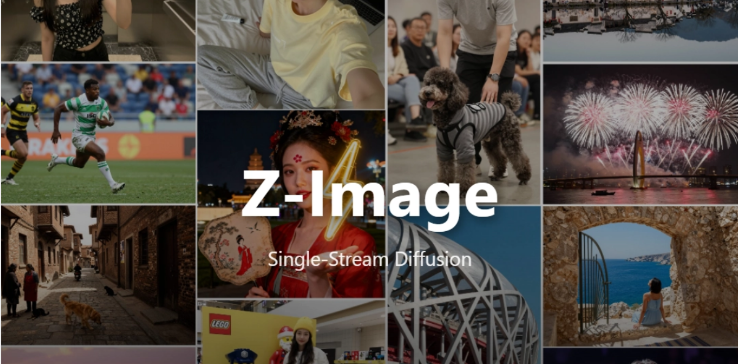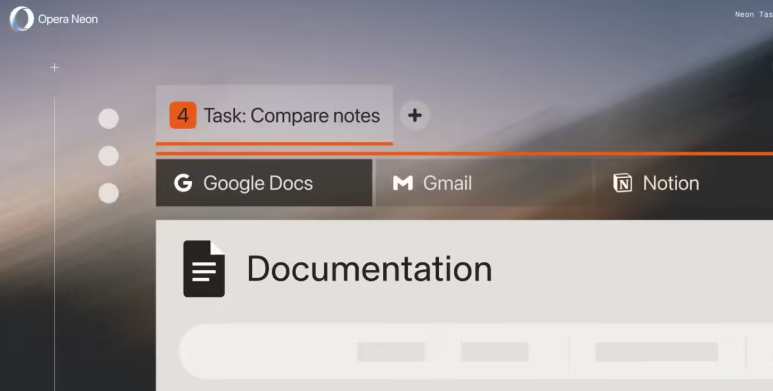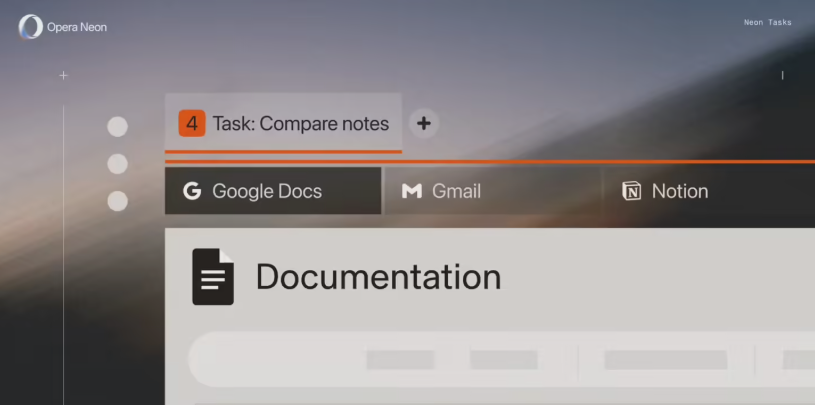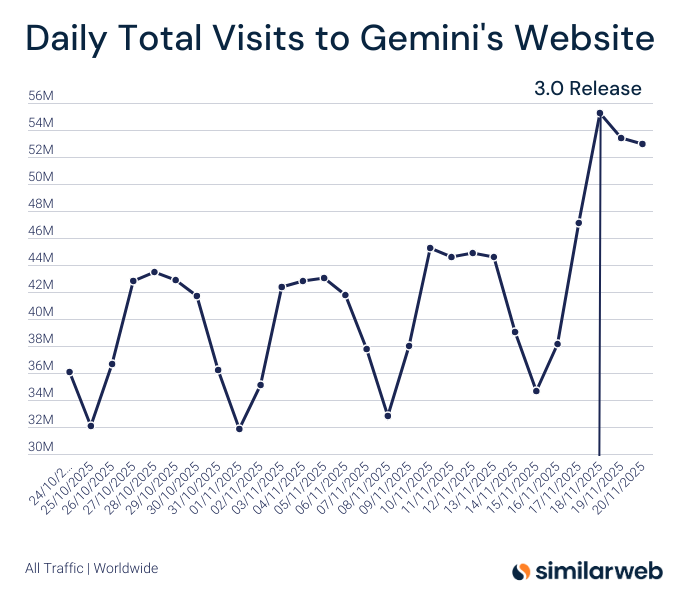Recently, browser manufacturer Opera officially released its new AI browser - Neon. This browser has the ability to create applications through AI prompts, and can generate reusable prompts through a feature called "cards." This launch puts Opera on the path to creating smart browsers, alongside companies such as Perplexity and The Browser Company.
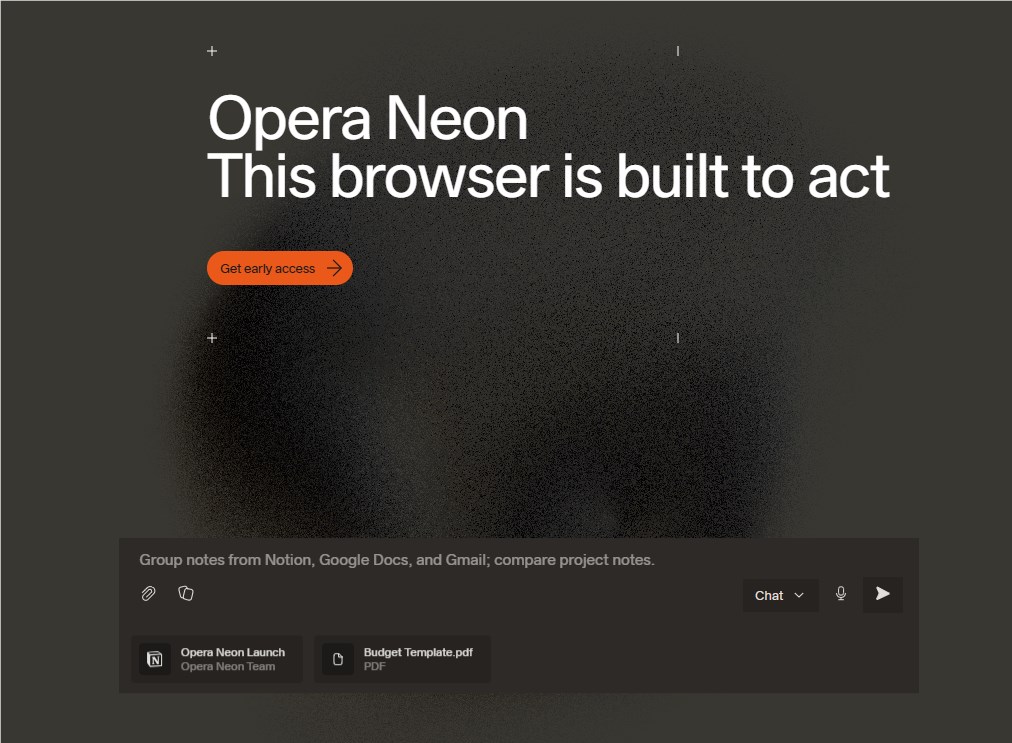
Opera had announced in May that it was developing Neon, which was previously in a closed preview phase. Now, the browser is starting to issue invitations to some users, with a monthly fee of $19.99 to use it.
Opera's Vice President Krystian Kolondra stated in a statement: "We have created Opera Neon for ourselves and for those who extensively use AI in their daily lives. Today, we welcome our first users to shape the future of intelligent browsing with us."
The Neon browser has several main features that have attracted attention. First, the browser includes a simple chatbot that allows users to get answers to questions through conversation. A more intelligent feature is "Neon Do," which can help users complete various tasks. For example, it can summarize content from Substack blogs and send the summary to a Slack channel. Since the browser can access the user's browsing history, users can also ask it to extract details about YouTube videos watched last week or articles read yesterday.
Additionally, the Neon browser can write code snippets to help users create visual reports with tables and charts. It is currently unclear whether users can share these small apps with others.
Compared to The Browser Company's Dia browser, Neon also offers a feature called "cards," allowing users to reuse prompts as they would call commands or apps. Users can combine different cards, such as "Extract Details" and "Comparison Table," to generate new prompts for comparing products across multiple tabs. Similar to IFTTT, users can create their own cards or use community-created cards.
Opera Neon also introduces a new tab organization feature called "Tasks," which is a workspace containing AI chat and tabs. This feature is more like a combination of tab groups and Arc browser's workspace functionality, providing AI context.
In the demonstration, Opera showed that the Neon browser can complete tasks such as ordering groceries online. However, previous demonstrations often fail to accurately reflect real situations, so Neon needs to verify its promises in actual use.
With this release, Opera directly competes with Perplexity's Comet and Dia. At the same time, major tech companies like Google and Microsoft are continuously adding AI-driven features to their browsers. Unlike competitors, Opera positions Neon as a product for heavy users and adopts a subscription model.
Key Points:
🌐 Opera launched an AI-powered Neon browser, aiming to enhance users' intelligent internet experience.
🤖 The Neon browser includes a chatbot and an intelligent task assistant, capable of handling complex online tasks.
📊 Users can create reusable AI prompts and achieve personalized customization through the "cards" feature.




